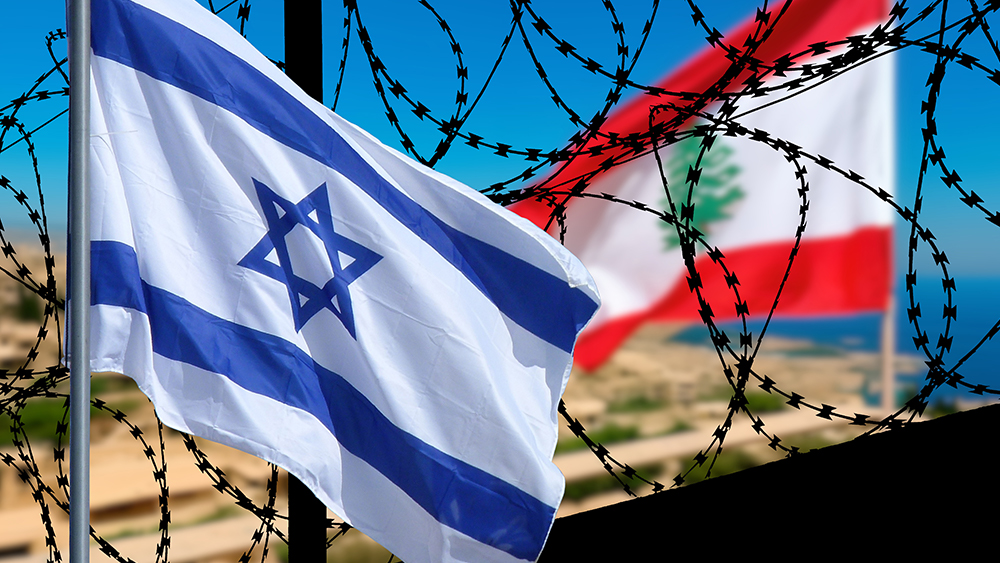 Parler
Parler Gab
Gab
- Both Russia and Japan have publicly reaffirmed their intention to finally sign a formal peace treaty, which has been unresolved since the end of World War II. The Kremlin has welcomed Japan's renewed commitment to this goal.
- The main obstacle to the treaty is a territorial conflict over a group of islands (called the Southern Kurils in Russia and the Northern Territories in Japan). The Soviet Union seized these islands at the end of the war and expelled thousands of Japanese residents.
- Recent relations have been very tense. After Japan joined Western sanctions against Russia over Ukraine, Moscow retaliated by suspending peace talks, ending a visa-free travel program for the islands, and labeling Japan's stance as "unfriendly."
- The dispute continues to cause practical problems, such as Japanese protests against new Russian restrictions on sea navigation around the disputed islands.
- Despite the significant challenges and mistrust, the recent mutual expression of intent to pursue a peace treaty is seen as a positive and hopeful signal, opening the door for potential future dialogue to resolve this decades-old conflict.
Recent tensions and a thaw in dialogue
The path to peace has been far from smooth. In recent years, relations have grown increasingly tense. Following Japan's decision to join Western sanctions against Russia due to the conflict in Ukraine, Moscow took firm retaliatory steps. Russia suspended long-running peace talks regarding the islands and ended a visa-free travel program that had allowed Japanese citizens to visit the disputed territories. The Kremlin has been vocal in its criticism, labeling Japan's stance as "unfriendly" and pointing to its participation in international sanctions. This friction has, according to Russian officials, caused direct dialogue between the two nations to be "virtually reduced to zero." Further complicating matters, Russian authorities recently designated a Japanese association dedicated to the islands' return as an "undesirable organization," accusing it of undermining Russian sovereignty. Amid these tensions, other incidents have flared. Japan has formally protested against Russian restrictions on sea navigation around the Kuril Islands, accusing Moscow of unjustly limiting passage for foreign ships. These actions highlight how the territorial dispute continues to spill over into practical and diplomatic confrontations.A hopeful signal
Despite these significant challenges, the recent exchange of statements from Tokyo and Moscow is being viewed as a positive signal. For Japan, the official policy remains clear: to resolve the territorial issue and finally conclude a peace treaty. The Kremlin, in turn, has not only welcomed this intent but has also confirmed its own support for signing such an agreement. While the underlying issues are deep-rooted and recent actions have created substantial mistrust, the mutual affirmation of a shared goal opens a door to peace. Takaichi herself acknowledged that relations are "in a difficult situation," suggesting a realistic awareness of the hurdles ahead. The journey to a signed peace treaty remains long and fraught with complexity, but the renewed expression of intent from both sides provides a foundation for cautious optimism that this decades-old conflict may one day find its peaceful resolution. Watch the video below as tsunami waves reached Severo-Kurilsk and flooded a local fish processing plant. This video is from Cynthia's Pursuit of Truth channel on Brighteon.com. Sources include: RT.com TheMoscowTimes.com En.SputnikNews.africa MOFA.go.jp BrightU.ai Brighteon.comCritics accuse Zelensky of using wartime powers to consolidate authority amid democracy concerns
By Patrick Lewis // Share
AI farm robots and food aid stalemate raise concerns over jobs and food security
By Finn Heartley // Share
Baltimore County strikes deal with ICE in exchange for removal on sanctuary jurisdiction list
By Ramon Tomey // Share
Washington supreme court slams Monsanto with $185 million verdict for poisoning teachers
By Cassie B. // Share
Governments continue to obscure COVID-19 vaccine data amid rising concerns over excess deaths
By patricklewis // Share
Tech giant Microsoft backs EXTINCTION with its support of carbon capture programs
By ramontomeydw // Share
Germany to resume arms exports to Israel despite repeated ceasefire violations
By isabelle // Share










